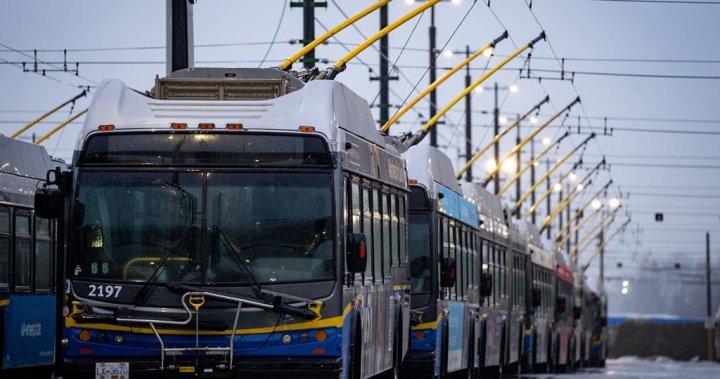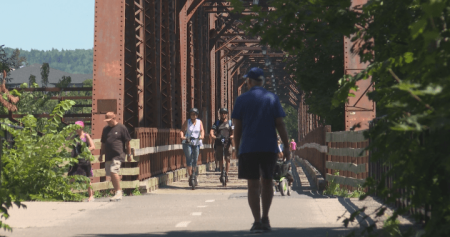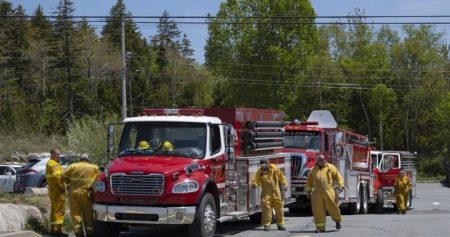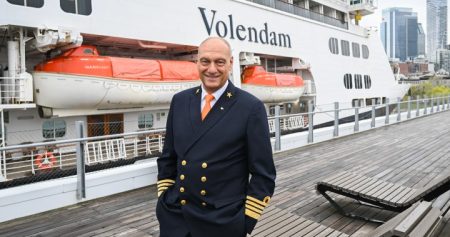Metro Vancouver mayors have approved a 2024 funding plan for TransLink aimed at addressing overcrowding issues within the transit system. TransLink CEO Kevin Quinn described the plan as a temporary solution to alleviate congestion while the organization works on securing long-term funding. The transit system is facing a structural deficit due to lower fare revenue, declining fuel tax, and increased costs, exacerbated by the effects of the pandemic. Without additional funding, TransLink may struggle to maintain current operations and support necessary expansions to accommodate the region’s growing population.
The funding plan for 2024 includes a 2.3% fare increase in July, a 10 cent increase in cash fares in 2025, and a one percent property tax increase amounting to about $3.08 per month for a median home. The provincial government has also committed $300 million in capital funding for new buses. The plan aims to increase service on 60 bus routes, extend evening hours on 11 bus routes, start SeaBus sailings 15 minutes earlier on weekdays, and expand HandyDart service in the evening. Additionally, there will be increased train frequency on the Canada Line, Expo Line, Millennium Line, and added capacity for the West Coast Express.
TransLink Mayors’ Council chair Brad West acknowledged that the 2024 plan will address some of the transit system’s current challenges, but emphasized that long-term stability remains a concern. West criticized the federal government for not providing any new funding for the system in its 2024 budget, despite promising to create a new federal Permanent Transit Fund that would disburse $3 billion annually nationally starting in 2026. TransLink is still seeking funding for its ambitious 10-year, $21 billion Access for Everyone plan, which includes projects such as extending the Broadway subway to UBC, implementing multiple Bus Rapid Transit routes, and constructing a gondola to Simon Fraser University.
The ongoing growth of Metro Vancouver, with 90,000 new residents moving to the region last year, has put increasing pressure on the transit system. Quinn noted that during peak times, one-third of transit trips in Surrey, Langley, and Vancouver are already overcrowded. TransLink’s funding sources are currently limited to fare increases and property tax hikes, posing a challenge to addressing the system’s financial needs. The organization is striving to secure stable long-term funding to not only maintain current operations but also support necessary expansions to meet the region’s transportation demands.
The approved 2024 funding plan for TransLink aims to alleviate overcrowding issues within the transit system by implementing fare increases, property tax hikes, and capital funding for new buses. While the plan will provide some relief, long-term stability remains a concern as TransLink continues to face a structural deficit due to various factors such as lower fare revenue and increased costs. The federal government’s lack of new funding for the transit system in 2024 has drawn criticism from local officials, highlighting the need for sustainable financial support to address the region’s growing transportation needs. As Metro Vancouver continues to grow, the pressure on the transit system will only increase, underscoring the importance of securing stable funding to sustain and expand public transportation services in the coming years.















